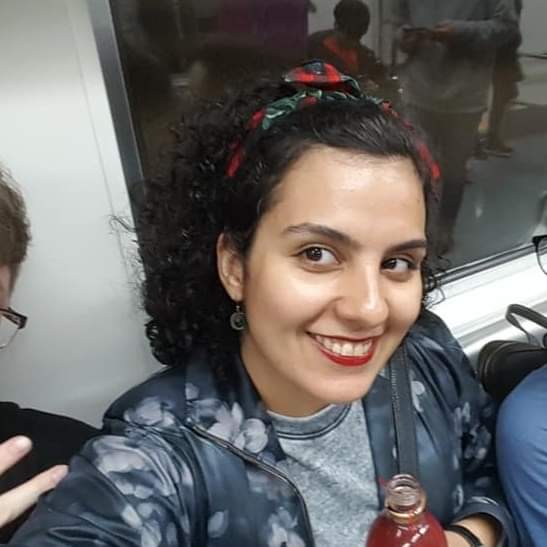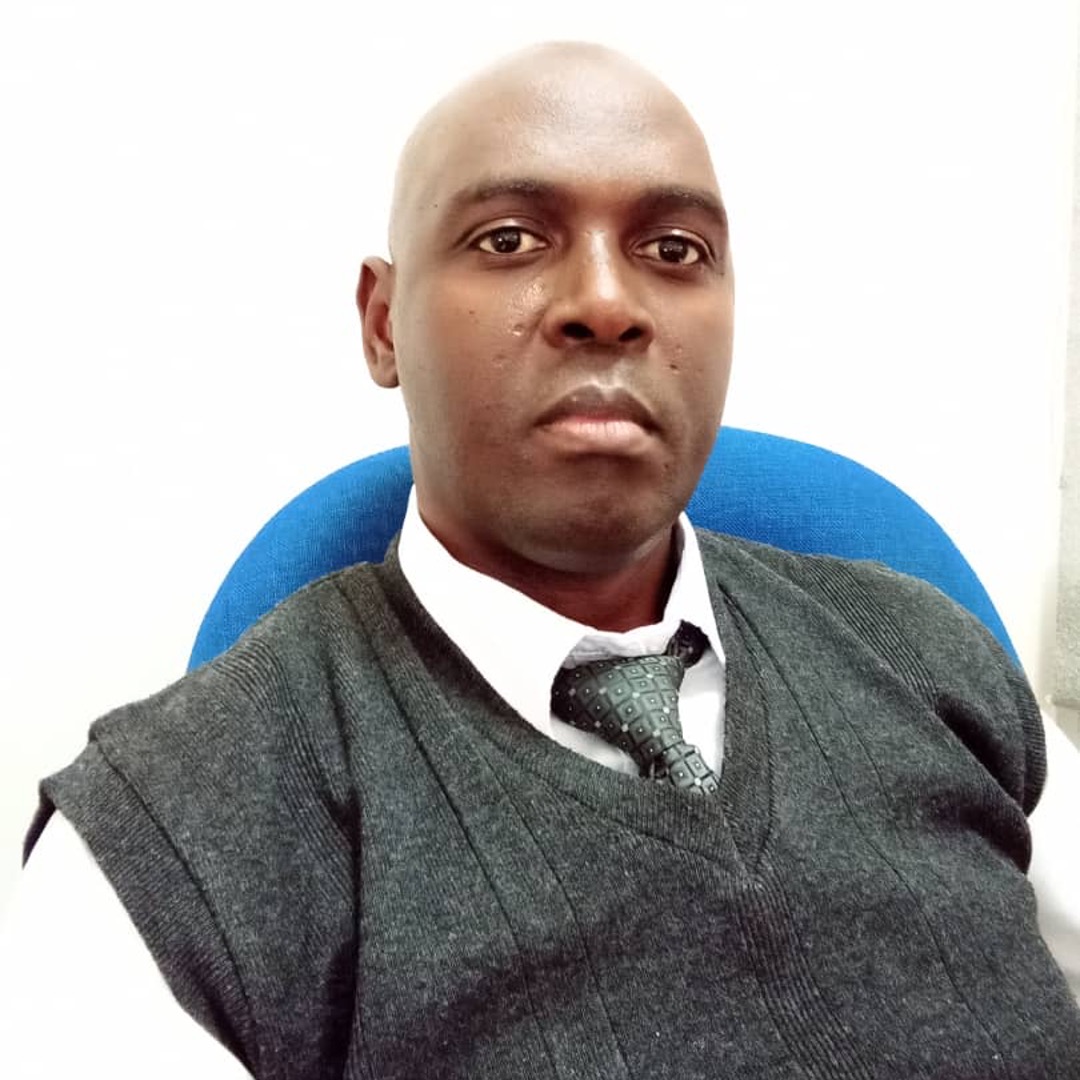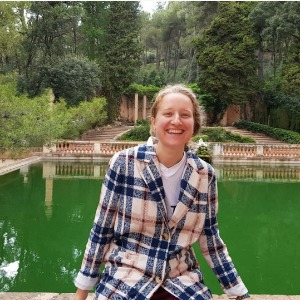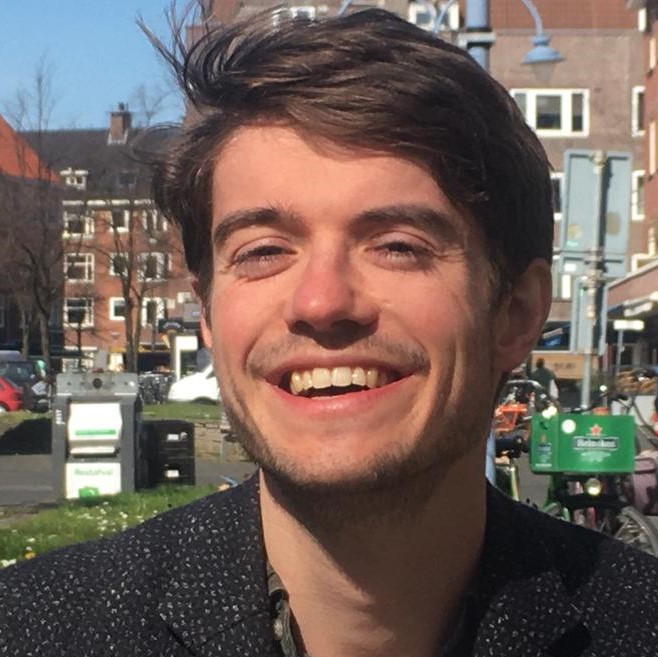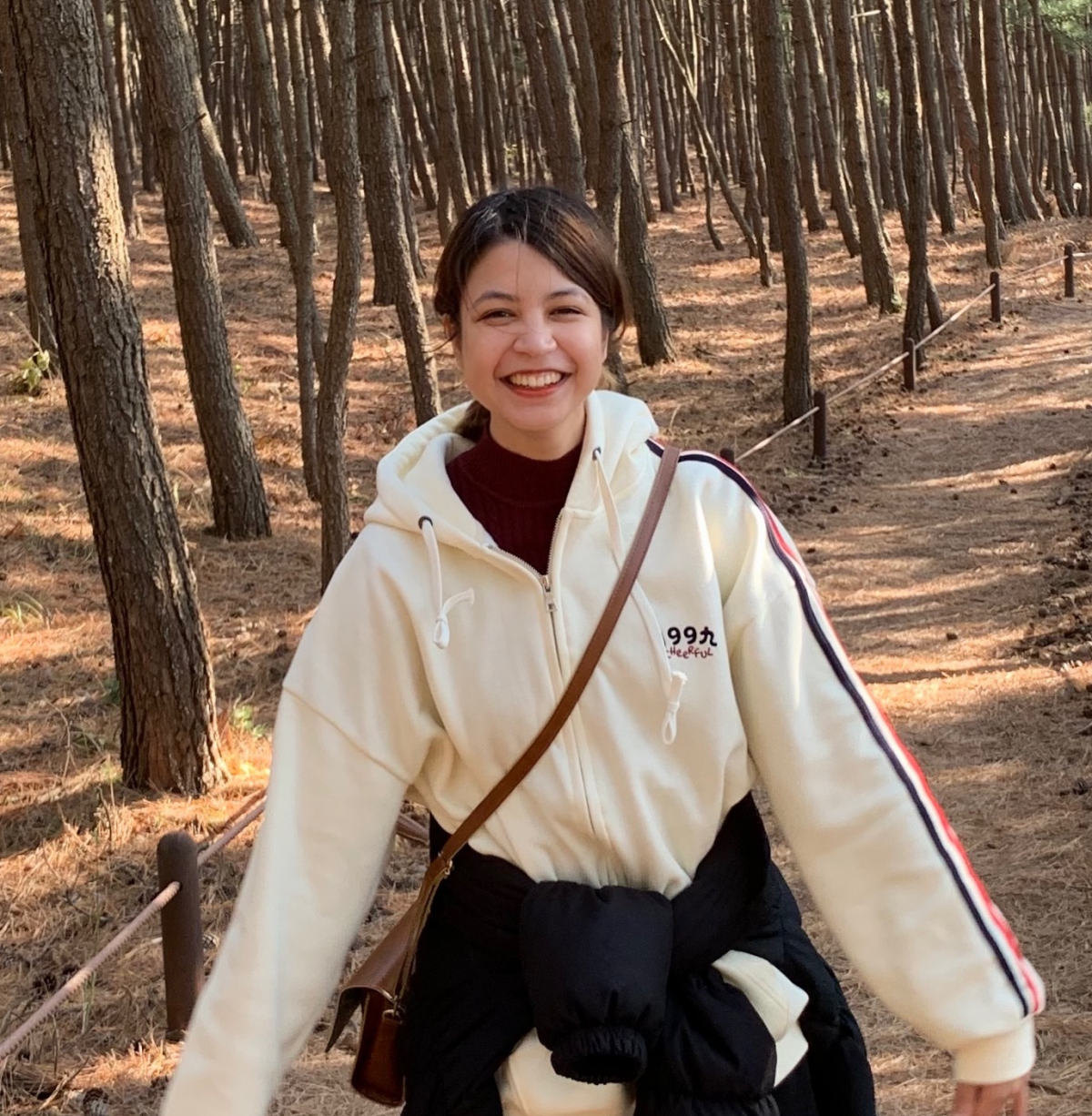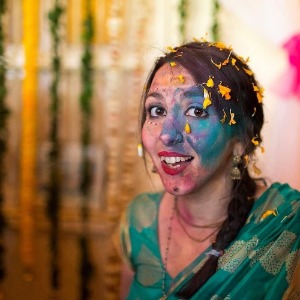Rainbows in Dark Times: Being Queer during Covid
When the first corona case hit Korea, my gay friends and I joked that we'd have to be extra careful because if our community had an outbreak, it'd set us back decades.
South Korea, Eastern Asia
Story by Megan Rothnie. Edited by Stéphanie Hamel
Published on April 26, 2021.
Reading time: 4 minutes
This story is also available in 


Plagues rarely bring out the best in people.
I’m gay, and while I've been out and proud in the UK for years, I was semi-closeted in Korea, where I taught English for two years. Nobody at my school knew, but every week I went to Queer venues in Itaewon, a neighbourhood known for clubs, food, and foreigners. Itaewon is an expat’s guilty pleasure, a cliché to visit, but its clubs are the heart of Seoul’s vibrant Queer scene.
When the first corona case hit Korea, my gay friends and I joked that we'd have to be extra careful because if our community had an outbreak, it'd set us back decades. Tolerance for our clubs and pride marches would vanish. The odds of passing progressive legislation would drop, and old stereotypes of Queers as plague rats would be validated. Korea still requires an HIV test as part of its visa application. When we sat around speculating on the effects Covid might have on our already stigmatised community, the AIDS crisis cast an unspoken shadow - we didn’t want to be blamed for another plague. There had been dozens of Covid outbreaks linked to conservative churches but that didn't matter: we knew it would be worse for us than them.
In May, a man visited three gay clubs while symptomatic and came into contact with hundreds of people before testing positive for Covid. It was the biggest clustered outbreak in months. The next morning, conservative media gleefully revealed that the man ‘might’ have been gay, and newspapers were quick to blame the LGBT+ community for the outbreak.
The second a foreigner dared to get sick, the whole city knew age, sex, nationality and everywhere you'd been for two weeks.
In Korea, every smartphone gets emergency notifications in Korean, so I’d plug in Google Translate and piece together the news. After the Itaewon outbreak, we suddenly had English notifications - only for Itaewon - urging foreigners to get tested. The Covid trace system had always had a nationalistic twist. Carrier information was shared publicly. The second a foreigner dared to get sick, the whole city knew age, sex, nationality and everywhere you'd been for two weeks. We weren't one of them, and the government wanted us to know it.
Homophobia and xenophobia skyrocketed. The government mandated testing for anyone who’d been in Itaewon that week in May. Anyone tested would have to tell their school or job, which would have been as good as coming out. The media was flooded with stories conflating homosexuals with foreigners and blaming both for spreading coronavirus with reckless behaviour. The fear was palpable.
I wasn’t in Itaewon that week, but my school administration sent teachers to ask me about my whereabouts. The same happened to almost every foreigner I knew. There was even one teacher whose school rang the testing center without his consent and got his result before he did. LGBT+ Koreans had their own fears of being outed, of losing jobs and loved ones. At least foreigners had homelands to return to if things got bad - Queer Koreans had a lot more to lose.
Rumours were everywhere, the atmosphere was tense. The original 'super-spreader' was Korean, but that didn't matter to the people angrily blaming foreigners and gays. Tabloids are cruel and reactionary all over the world of course, and plenty of Koreans argued against that rhetoric. But it stung, this laser targeting of marginalised communities. The virus revealed who was foreign and who was Korean, who was an outsider and who was normal. Us and Them. And for me, Queer, Brown and foreign, it was very clear where I stood.
How does this story make you feel?
Follow-up
Do you have any questions after reading this story? Do you want to follow-up on what you've just read? Get in touch with our team to learn more! Send an email to [email protected].
Talk about this Story
Please enable cookies to view the comments powered by Disqus.
Subscribe to our Monthly Newsletter
Stay up to date with new stories on Correspondents of the World by subscribing to our monthly newsletter:
Tags
Topic: Coronavirus
> Uganda
My Pandemic-Shaped Degree in Public Administration
A story by Patrick Kajuma
4 min
Patrick had just enrolled on a Master's programme when the lockdown for Covid-19 shut down his country. However, this period of forced isolation helped him to discover a healthier way of life. Read more...
> Germany
COVID-19 And the Discussion it Brings
A story by Mira Kinn
4 min English Audio available
Apparently there are differences in the preferences country-wise of “hamstering”, a verb that has become most prominent these days, describing the built-up stock of commodities, food, and beverages. Rumour has it, that France is now short on condoms and wine for example, whereas in Germany it is definitely pasta and…wait for it…toilet paper. I am not sure what this tells about the different mentalities but let it be open to imagination. Read more...
> Netherlands
Corona in Amsterdam - an Experience From a 24-year Old
A story by Joost Backer
4 min English Audio available
I suddenly find myself going on strolls through the park with friends, doing board games at home, or talking to my neighbours almost every morning from our balconies. It’s a weird situation. But thankfully for me, not necessarily a bad situation. Read more...
Explore other Topics
Get involved
At Correspondents of the World, we want to contribute to a better understanding of one another in a world that seems to get smaller by the day - but somehow neglects to bring people closer together as well. We think that one of the most frequent reasons for misunderstanding and unnecessarily heated debates is that we don't really understand how each of us is affected differently by global issues.
Our aim is to change that with every personal story we share.
Community Worldwide
Correspondents of the World is not just this website, but also a great community of people from all over the world. While face-to-face meetings are difficult at the moment, our Facebook Community Group is THE place to be to meet other people invested in Correspondents of the World. We are currently running a series of online-tea talks to get to know each other better.











